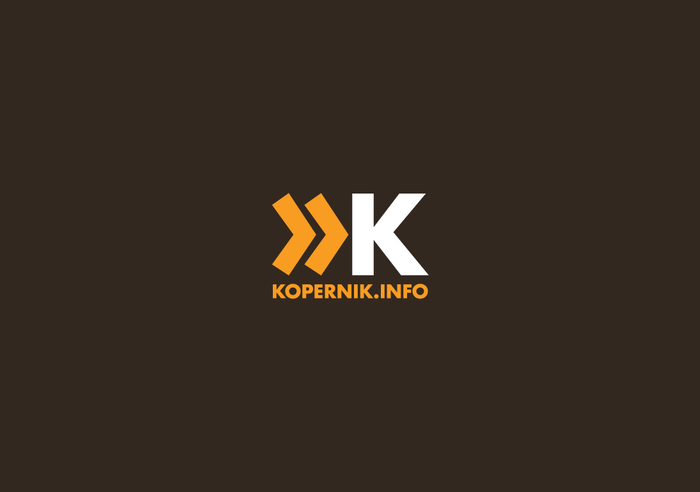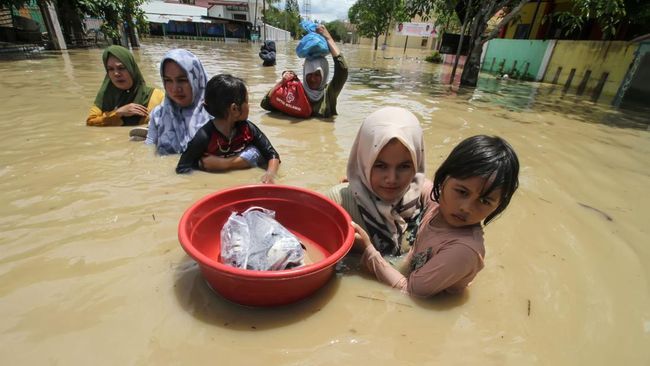Support us in finding innovative and effective solutions to social and environmental challenges.
$50
$100
$200
is my donation amount (min USD 5)
I would like to donate:
or
Choose to support current fundraising below:

43% OF $15,000 FUNDED
Your generous donation powers Kopernik's efforts to develop and test potential solutions for social and environmental challenges. In times of disasters or emergencies, your contribution mobilizes critical resources, like clean water, sanitation kits, or emergency shelters, to meet urgent needs.
By supporting our work, you are helping drive impactful, longer-term initiatives but also bolster our rapid response when crises arise. Thank you for being an essential part of our mission. Your donation will be made to Kopernik Solutions. Kopernik Solutions fundraises on behalf of Yayasan Kopernik and provides all funds raised to Yayasan Kopernik for implementation.
Our bank accounts for other donation types
Send donations directly to Yayasan Kopernik in Indonesian Rupiah (IDR) to:
- Bank: Bank Mandiri
- Branch: KCP Ubud 14510
- Account Name: Yayasan Kopernik
- Account Number: 1450018048898
- Address: Jl. Raya Andong, Peliatan, Ubud, Gianyar District, Bali Province 80571, Indonesia
- SWIFT: BMRIIDJA
Send donations directly to Yayasan Kopernik in US Dollars (USD) to:
- Bank: Bank Mandiri
- Account Name: Yayasan Kopernik
- Account Number: 1450010996441
- Address: Jl. Raya Andong, Peliatan, Ubud, Gianyar District, Bali Province 80571, Indonesia
- SWIFT: BMRIIDJA
Send donations directly to Kopernik Japan in Japanese Yen (JPY) to:
- Bank: Rakuten Bank, Ltd
- Branch: Head Office
- Account Name: Kopernik Japan
- Account Number: 2537292787
- Address: 2-16-5 Konan, Minato-ku, Tokyo, Japan
- SWIFT: SMBCJPJT
Send donations directly to Kopernik Solutions in US Dollars (USD) to:
- Bank: Choice Financial Group
- Account Name: Kopernik Solutions
- Account Number: 202523703132
- Address: 591 Stewart Ave. Suite 540, Suite 540 Garden City, NY 11530
- ABA: 091311229
- SWIFT: CHFGUS44021
After you donate via bank transfer, please let us know so that we can look out for your donation, say thank you and send you a receipt. Please email your name, the amount you donated and your payment reference number to comms@kopernik.info.
Or scan this QR Code:




